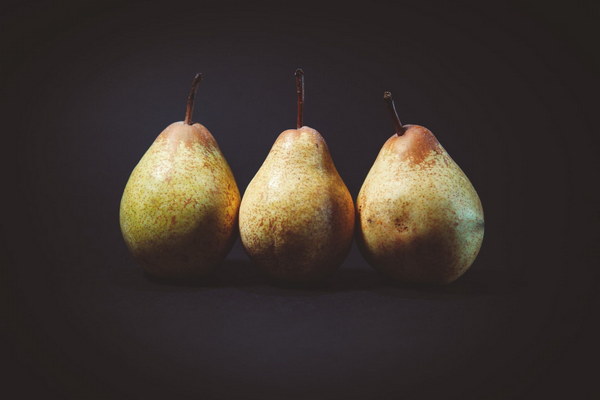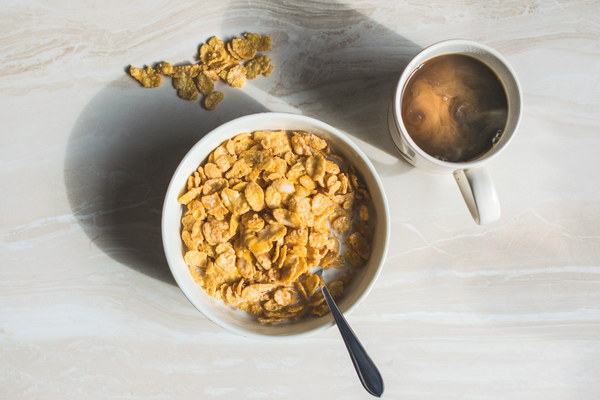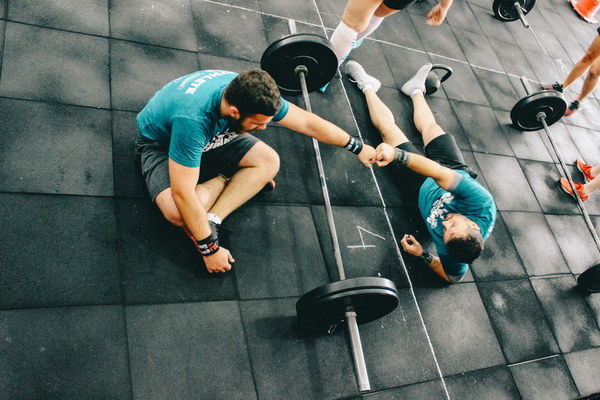Reviving Your Health How to Supplement Your Period
Navigating the menstrual cycle can be a rollercoaster ride for many women, with fluctuating hormones often leading to a range of symptoms from mild discomfort to severe pain. It's no surprise that many women seek ways to supplement their periods for better health and well-being. Here's a comprehensive guide on how to effectively supplement your period, ensuring you feel your best throughout the cycle.
Understanding the Menstrual Cycle

Before diving into supplementation, it's essential to have a basic understanding of the menstrual cycle. It typically lasts about 28 days and is divided into three phases: the follicular phase, the ovulatory phase, and the luteal phase.
1. Follicular Phase: This phase begins on the first day of your period and lasts until ovulation. It's characterized by the development of follicles in the ovaries that release eggs.
2. Ovulatory Phase: This phase occurs around the middle of your cycle and is marked by the release of an egg from the ovary.
3. Luteal Phase: After ovulation, the remaining follicle transforms into the corpus luteum, which produces progesterone. This phase prepares the uterus for potential pregnancy.
Supplements for the Menstrual Cycle
1. Calcium: Essential for bone health, calcium also plays a role in muscle contraction and relaxation. During your period, calcium can help alleviate cramps and regulate your menstrual cycle. Aim for 1,000 to 1,200 milligrams of calcium per day.
2. Magnesium: Known for its muscle-relaxing properties, magnesium can help alleviate period cramps and bloating. A daily dosage of 300 to 400 milligrams is often recommended.
3. B-Vitamins: B vitamins, particularly B6 and B12, can help regulate hormones and reduce premenstrual symptoms. Take a B-complex vitamin supplement with 50 to 100 milligrams of each vitamin daily.
4. Iron: Iron is crucial for the production of hemoglobin, which carries oxygen to your body's tissues. During your period, you lose iron through blood loss, so it's important to replenish your stores. Aim for 18 milligrams of iron per day, but check with your doctor before taking iron supplements, as they can be constipating.
5. Omega-3 Fatty Acids: Found in fish oil supplements, omega-3s have anti-inflammatory properties that can help reduce menstrual cramps and improve overall mood. Aim for about 1,000 to 2,000 milligrams of omega-3s per day.
6. Vitamin D: Vitamin D is vital for bone health and can also help regulate your menstrual cycle. Aim for 600 to 800 IU per day, or more if you have a deficiency.
7. Chaste Tree Berry (Vitex agnus-castus): This herbal supplement has been used for centuries to regulate menstrual cycles and alleviate premenstrual symptoms. It may take several months to see results, so patience is key.
Diet and Lifestyle Adjustments
In addition to supplements, dietary and lifestyle adjustments can greatly impact your period health:
1. Hydration: Drinking plenty of water can help alleviate bloating and support your body's overall health.
2. Diet: Include a balanced diet rich in fruits, vegetables, whole grains, lean proteins, and healthy fats. Avoid excessive caffeine, alcohol, and salt, as they can exacerbate symptoms.
3. Exercise: Regular physical activity can help reduce stress, improve mood, and alleviate cramps. Aim for at least 30 minutes of moderate exercise most days of the week.
4. Stress Management: Stress can exacerbate premenstrual symptoms, so find healthy ways to manage stress, such as meditation, yoga, or deep-breathing exercises.
5. Sleep: Aim for 7-9 hours of quality sleep per night to support your body's natural healing processes.
Conclusion
Supplementing your period with the right vitamins and minerals, along with adopting a healthy diet and lifestyle, can significantly improve your overall health and well-being. Always consult with a healthcare provider before starting any new supplement regimen, especially if you have pre-existing health conditions or are pregnant. By taking care of yourself throughout the menstrual cycle, you can ensure a healthier, more comfortable experience.









